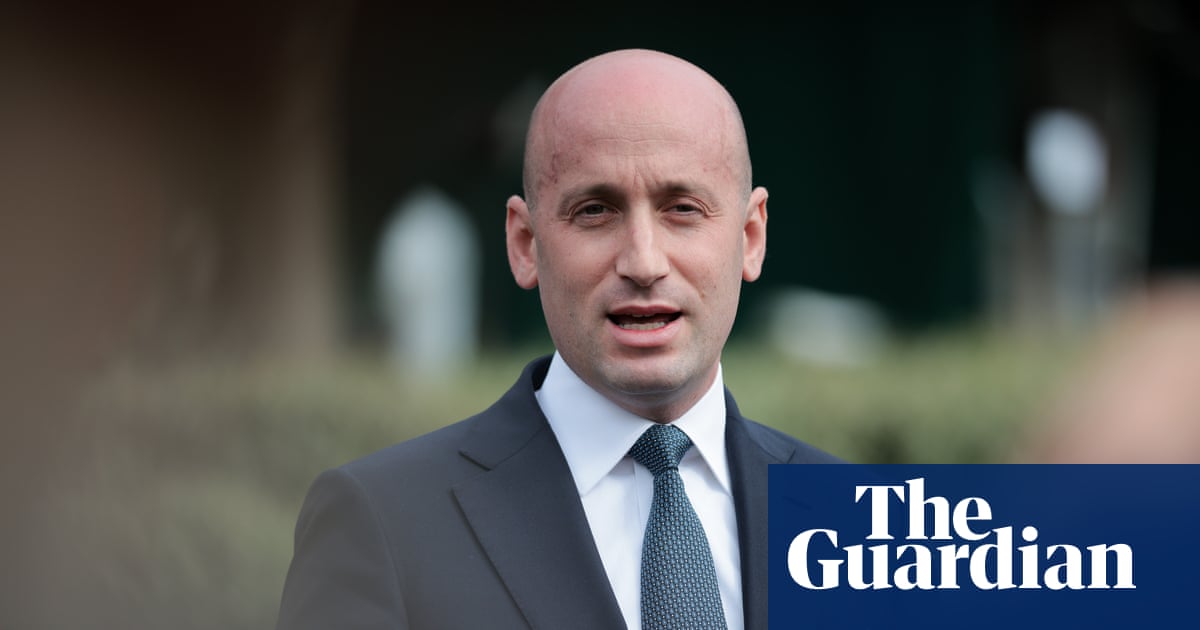The Massachusetts Institute of Technology (MIT) has become the first US university to formally turn down a Trump administration proposal that would overhaul university policies in return for preferential access to federal funding.
MIT’s president, Sally Kornbluth, disclosed the decision in a Friday letter to the campus community, attaching her written response to the US education secretary, Linda McMahon.
The proposed Compact for Academic Excellence in Higher Education – which was sent to nine US higher education institutions including MIT, Brown University, Dartmouth College, the University of Arizona, the University of Pennsylvania, the University of Southern California, the University of Texas at Austin, Vanderbilt University and the University of Virginia – would require universities to impose several restrictions.
Among them is a cap on international student enrollment, a five-year tuition freeze, strict gender definitions and a prohibition on anything that might “belittle” conservative viewpoints.
Higher education leaders and faculty have sharply criticized the proposal, describing it as a political attempt to undermine university autonomy. Many argue that the administration is using the threat of reduced research funding, potentially worth hundreds of millions of dollars, to pressure elite schools into compliance.
In her letter to McMahon, Kornbluth said MIT already upholds many of the principles outlined in the proposal but strongly objects to others that would compromise academic freedom and institutional independence.
“These values and other MIT practices meet or exceed many standards outlined in the document you sent. We freely choose these values because they’re right, and we live by them because they support our mission – work of immense value to the prosperity, competitiveness, health and security of the United States. And of course, MIT abides by the law,” she wrote.
Kornbluth emphasized that the university “would restrict freedom of expression and our independence as an institution” if it accepted the proposal’s terms. She added: “Fundamentally, the premise of the document is inconsistent with our core belief that scientific funding should be based on scientific merit alone.”
after newsletter promotion
The White House has given universities until 20 October to respond. So far, most institutions have issued cautious or noncommittal statements. The University of Texas has shown some openness to the offer, but others have simply said they are still reviewing it.

 German (DE)
German (DE)  English (US)
English (US)  Spanish (ES)
Spanish (ES)  French (FR)
French (FR)  Hindi (IN)
Hindi (IN)  Italian (IT)
Italian (IT)  Russian (RU)
Russian (RU)  2 weeks ago
2 weeks ago
























Comments